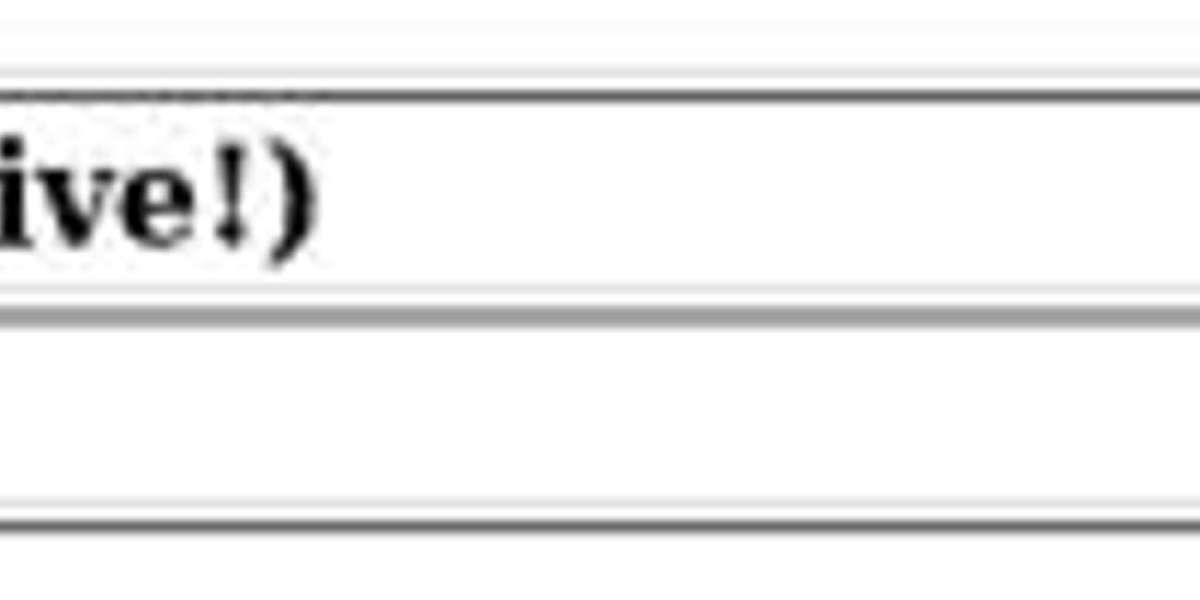When purchasing a house for sale in Kandy or a villa for sale in Sri Lanka through reputed real estate companies in Sri Lanka, many people opt to purchase through a mortgage or housing loan. A mortgage is a type of loan specifically used to purchase real estate. It allows individuals or businesses to borrow money from a lender (typically a bank or a mortgage company) to buy a property, with the property itself serving as collateral for the loan. If the borrower fails to repay the loan according to the agreed terms, the lender has the right to take possession of the property through a process known as foreclosure.
Home equity refers to the current market value of a homeowner's interest in their property, subtracted by the outstanding balance of any mortgages or other liens against the property. In simpler terms, it represents the portion of the home that the homeowner truly "owns" outright, free of debt.
Here is a basic formula to calculate home equity:
Home Equity=Current Market Value of Home−Outstanding Mortgage Balance
For example, if you purchased a house for sale in Nugegoda and it is currently valued at Rs 3,000,000 in the market and you still owe Rs 2,000,000 on the mortgage, the home equity would be Rs1,000,000 (Rs 3,000,000 – Rs 2,000,000).
Home equity can increase in several ways:
· Appreciation: If the value of the home increases over time due to market conditions or improvements made to the property, the equity in the home grows.
· Mortgage Payments: As homeowners make regular payments towards their mortgage, they reduce the principal amount they owe, which increases their equity in the property.
· Decreased Liens: Paying down other liens, such as home equity loans or lines of credit, can also increase home equity.
Using Home Equity:
· Home Equity Loans: This is a type of loan where you borrow against the equity in your home, typically receiving a lump sum amount. The interest rates are generally lower than those of credit cards or personal loans, and the interest may be tax-deductible if the funds are used for home improvements (check local tax regulations).
· Home Equity Lines of Credit (HELOC): A HELOC functions similarly to a credit card. You are approved for a certain credit limit, and you can borrow against it as needed. Interest is only charged on the amount you borrow, not the entire credit line.
· Cash-Out Refinancing: This involves refinancing your existing mortgage for an amount greater than what you currently owe and taking the difference in cash. This can be a way to tap into your home equity, but it will typically reset your mortgage terms and could result in higher monthly payments or a longer loan term.
The Risks Involved:
· Foreclosure Risk: If you are unable to meet the repayment terms for a home equity loan or HELOC, you risk foreclosure, which means losing your home.
· Resetting Mortgage Terms: Cash-out refinancing or taking out a home equity loan could result in new mortgage terms, potentially increasing your monthly payments or extending the time it takes to pay off your home.
Benefits:
· Lower Interest Rates: Home equity loans and HELOCs often have lower interest rates compared to other types of loans because they are secured by your property.
· Potential Tax Benefits: The interest paid on home equity loans or HELOCs might be tax-deductible if used for home improvements. However, tax laws can change, so it is essential to consult with a tax professional.
Home equity can be a valuable financial asset, and homeowners sometimes leverage it through home equity loans or lines of credit to finance major expenses or renovations. However, it is essential to manage this asset carefully, as borrowing against it increases the risk of losing the home if one cannot meet the repayment terms.
Why you need home equity
Using home equity can be a strategic financial move, but it is essential to understand the reasons behind tapping into this asset. Here are several reasons why someone might consider using their home equity:
· Home Improvements and Renovations: Many homeowners use their home equity to fund significant home improvement projects or renovations. This can increase the property's value and improve the homeowner's quality of life.
· Debt Consolidation: Home equity can be used to consolidate higher-interest debts, such as credit card balances or personal loans. By consolidating these debts, homeowners can often benefit from lower interest rates and a single monthly payment.
· Education Expenses: Some homeowners use home equity to fund educational expenses, either for themselves or their children, especially when other financing options may come with higher interest rates.
· Medical Expenses: In situations where significant medical expenses arise, tapping into home equity might be a viable option to cover these costs, especially if other sources of funding are limited.
· Investment Opportunities: Some individuals use home equity to invest in other properties, start a business, or pursue other investment opportunities that could potentially provide a return that exceeds the cost of borrowing.
· Emergency Situations: In unforeseen emergencies, having access to home equity can provide a financial safety net. This might include situations like unexpected medical emergencies, urgent home repairs, or job loss.
· Retirement Planning: Some retirees consider downsizing or using a reverse mortgage, which allows them to tap into their home equity without selling their home, to supplement their retirement income or cover healthcare expenses.
While these are some common reasons for accessing home equity, it is crucial to approach such decisions carefully. Borrowing against your home can carry risks, including the potential loss of the property if you cannot meet the repayment terms. Before using home equity, it is advisable to consult with financial advisors or professionals to ensure that it aligns with your overall financial goals and circumstances.







